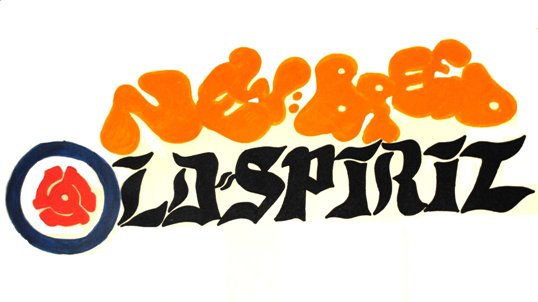This man needs no introduction, everyone knows him for being a great Bass player for Templars, Ladies and Gents, I bring to you Sir Perry Hardy
Thanks for giving me a chance to talk to you about you realy.
NBOS: You play Bass for US OI leaders Templars and also the bassist for APA, I got to meet you for the first time when APA played in Corona, CA with Crashed Out about 8 years ago, good times may I add, but what I realy want to talk about is "Chapter 21" the band which you also played bass for in the 90s and is a UNDERATED!!! US skinhead band. When did CHAPTER 21 start exactly and where? And was this your first real band?
PERRY: I played bass for APA for only a year. I had
some great times though. That tour was probably the highlight. As for Chapter
21 My friend Mike a I started that band in 1995 in Chicago where we were both born and raised.
It was my second real band and his first. Before that I played in a straight
edge hardcore band called X Factor which mutated into Only the Strong, then
Even Score. Tony. the guy who started Victory Records was the singer. Anyway, I
didn't last long in that band, they were totally into hardcore and I was
totally into oi and punk. After I was looking to start an oi band as was Mike. We
rehearsed for months with several different guitarists and drummers but just
conldn't get the right line up and gave up. A few years later we met 2 like
minded souls and Chapter 21 was born.
NBOS: Why the name Chapter 21?
PERRY: The name comes from the last chapter of "A
Clockwork Orange". Can't remember much else, seems like a lifetime ago.
NBOS: I love the sound so much, when I hear the 7"s it reminds me of Combat 84, Criminal Class, Last Resort. Ive never heard a US OI band sound so Oldskool like Chapter 21 and it realy bums me out that you guys only released 2 7", why did a band so great call it quits so early?
PERRY: We called it quits for many reasons: The Chicago scene was totally
divided along political lines at the time as well as geographically (northside
vs southside) and we were somewhere in the middle. Shows were hard to get, I
was getting totally disillusioned with the scene, etc. The final blow came when
Mike met a skinhead girl whom he would later marry and moved to Michigan. A couple months before we called it quits I
was asked to join the Templars, so at least I had that to fall back on. Haha!
NBOS: When the band split, did the rest of the
members keep doing music?
It would be fun if there was a Reunion show, just throwing it out there.
It would be fun if there was a Reunion show, just throwing it out there.
PERRY: After the split I'm the only one who kept
playing music. Mike and Brian the drummer both settled into family life and Dan
the guitarist went on to become a soul & reggae DJ before his untimely
death in a car accident a few years ago. With Dan no longer with us I wouldn't
feel right abot any reunion. With all of us living in different parts of the
country it would be near impossible anyway.
NBOS: Every band you played bass for is a hit!!!! When did you start playing bass? and do you play anything else? I dont know why but you look like someone who knows how to play the piano haha.
NBOS: Every band you played bass for is a hit!!!! When did you start playing bass? and do you play anything else? I dont know why but you look like someone who knows how to play the piano haha.
PERRY: I started playing bass in 1985 which
coincidently was the same year i became a skin. I just got a cheap bass and
started trying to play along to records. Eventually I started getting pretty
good at it. I can play a bit of guitar but have never played the piano. That's
funny cause Ive had people tell me that I have piano fingers, whatever that
means!
NBOS: You are writing a book the US Skin Cult, can you tell us more about it?
NBOS: You are writing a book the US Skin Cult, can you tell us more about it?




No comments:
Post a Comment